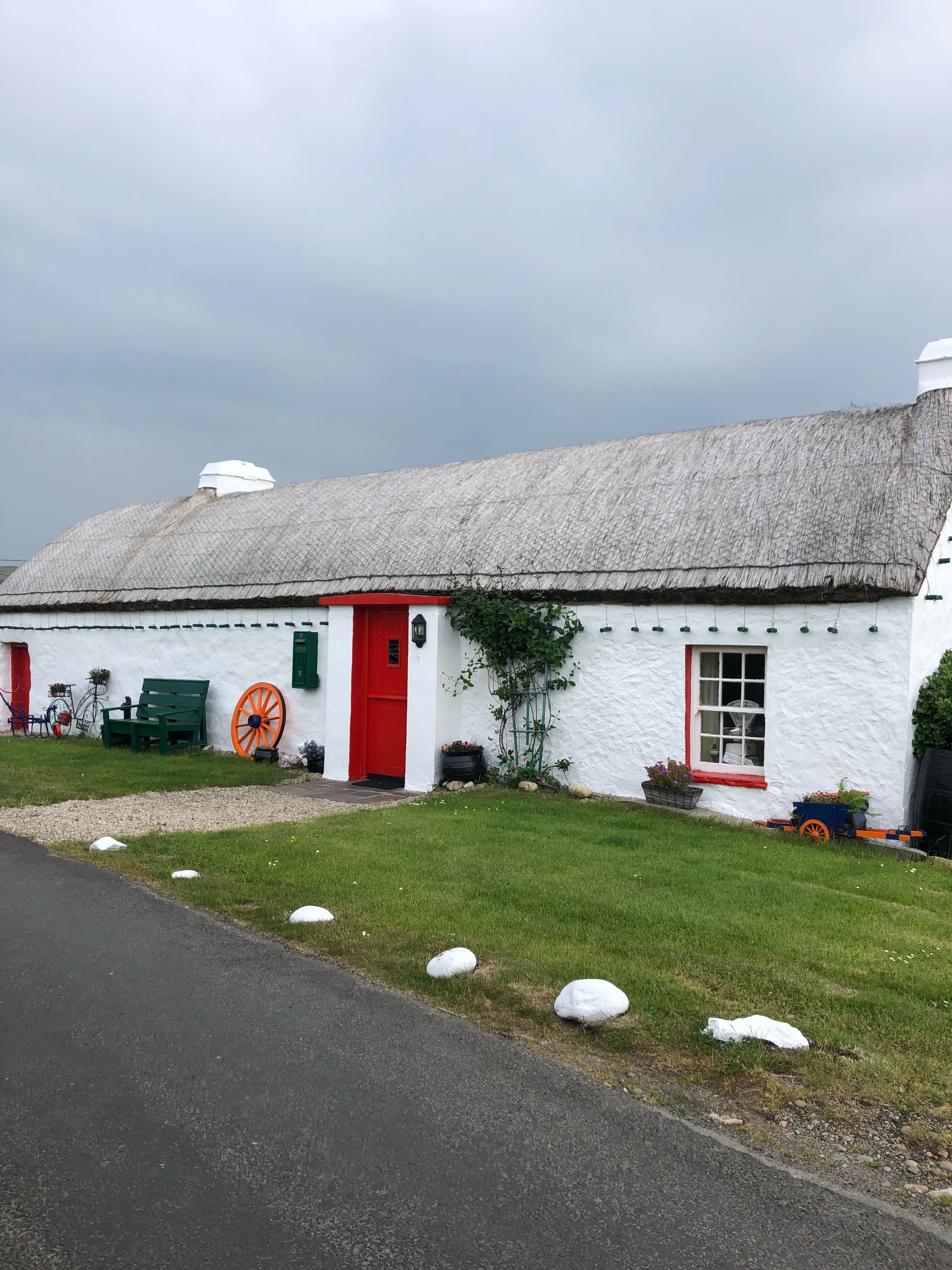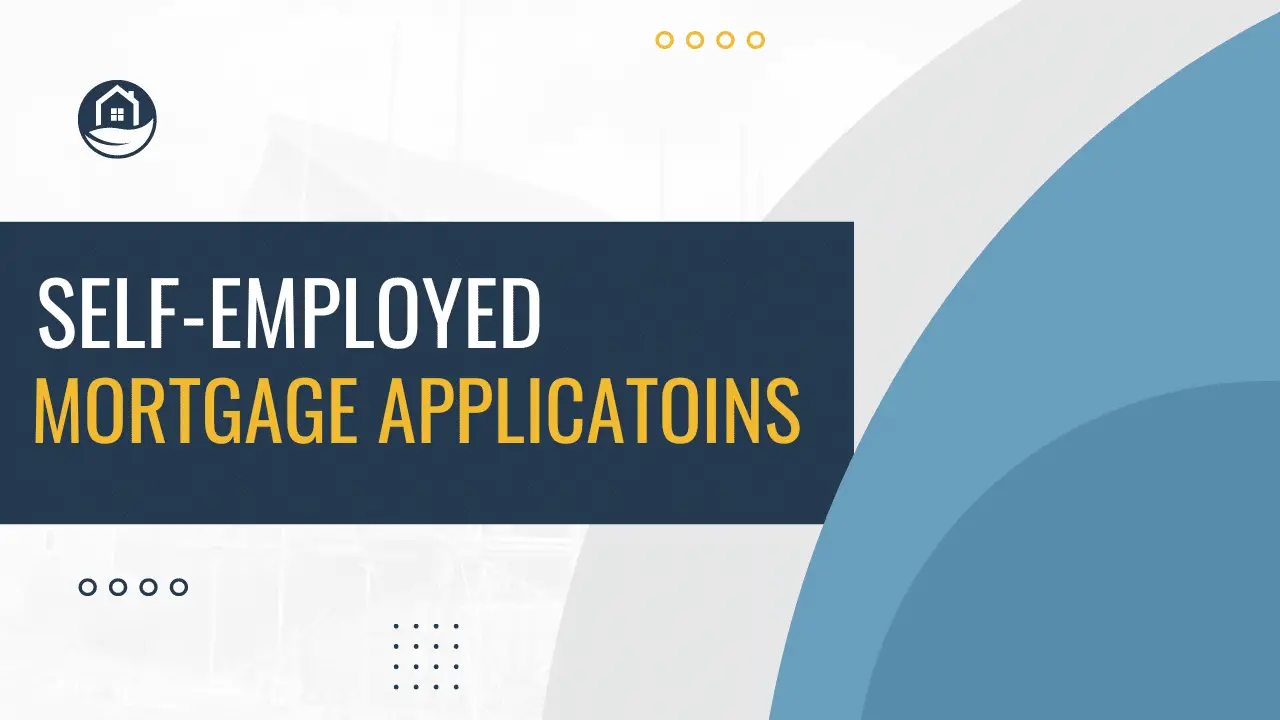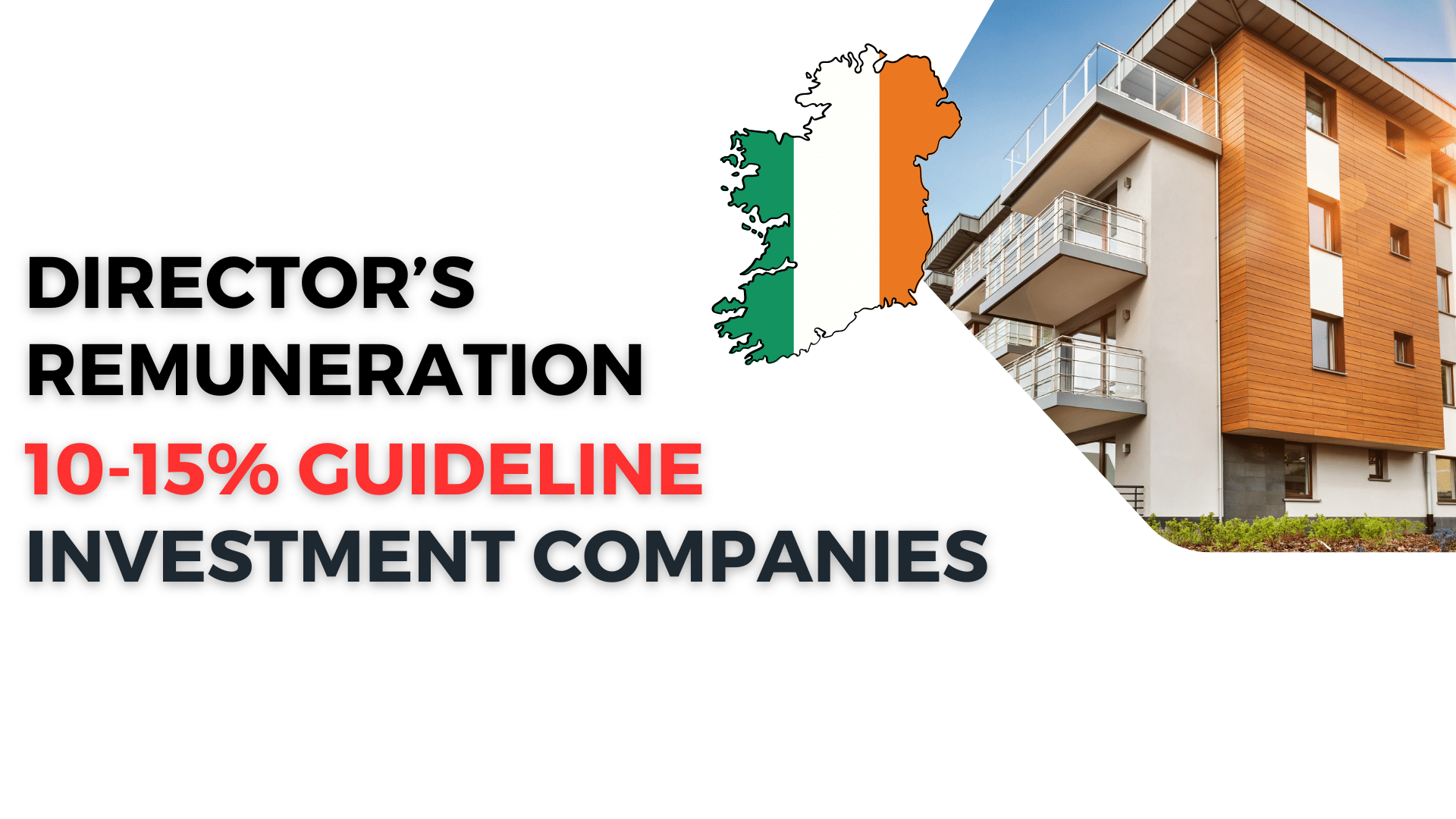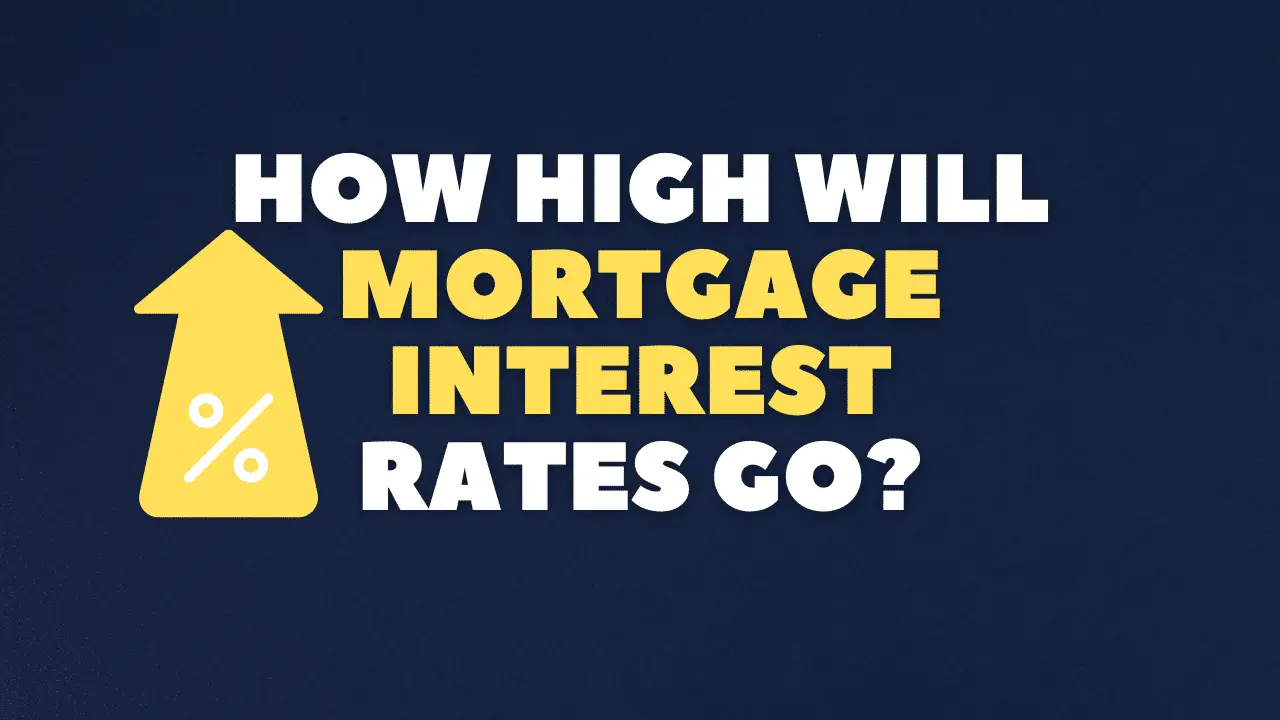Airbnb has grown from humble beginnings in 2007 to now facilitating the hosting of over 5.6 million active listings around the world. Approximately 10,000 of these listings are in Ireland at present and this number will continue to grow into the future.
A high percentage of hosts come from non-business backgrounds and may be operating Airbnb as a side income. In this blog post, we will break down everything you need to know from a tax perspective about being an Airbnb host in Ireland.

The income you earn from Airbnb is taxable and is not eligible for income tax relief under the rent a room scheme.
The Irish tax rules differ depending on whether your Airbnb income is occasional income or actual trade income. Specifically around what is allowable as a deductible expense against your income.
If you are determined to be carrying on a trade your income will be classified as Case I income. If it is just deemed as occasional then it will be classified as Case IV income.
For those deemed to be carrying on a trade, an income tax return (Form 11) will need to be submitted by the 31st of October in the following year, for the profits you have made from your lettings. If it is deemed to be occasional income and your income in the year is below €5,000 then you can submit this on a Form 12.
How To Determine if Your Airbnb is Occasional Income or a Trade?
Let’s now see what determines whether you are Airbnb hosting is occasional or considered to be a trade.
One of the main determining factors will be the frequency of which the property/room is available for occupancy and its usage by guests.
For the income to be considered trading income, the property/room should be available for rent on a frequent and regular basis, rather than on a once-off or occasional basis.
The owner should be actively involved in letting out the property with a view to making a profit. For example, dealing with booking enquiries, reservations and payments, arranging for cleaning, laundry and maintenance during/between lets, providing breakfast, providing info tourist info to visitors or paying staff to provide such services.
In general, persons who provide guest accommodation on a once-off or occasional
basis will not be regarded as carrying on sufficient activity so as to constitute a trade.
If you meet the below criteria as provided by Taxback.com you are likely operating a trade:
- you rent out the room or property on 6 or more occasions annually
- or if you host for 30 or more nights in a year
- or your Airbnb income exceeds €5,000 in a year
- or the property is available for occupancy all the time
What Are Allowable Deductible Expenses for an Airbnb in Ireland?

Occasional Income (Case IV): As you can gather from the list above there are less allowable deductions if your Airbnb letting is deemed to be just occasional income.
Deductions for Capital expenditures on items such as beds and fixtures and fittings are non allowable as deductions against your Case IV income. Similarly you will not be allowed to deduct any pre trading expenses.
The only deductions allowable described by the Revenue Commissioner are expenses that are incidental to the provision of the service. This means that only expenses that directly relate to providing the accommodation are allowable, such as cleaning, a portion of light & heat, advertising, agent fees, breakfast costs etc.
Annual costs related to the property are therefore also non allowable such as repairs & maintenance, insurance, TV license, mortgage interest etc.
Trading Income (Case I): There is far more scope for allowable deductions when you are considered to be carrying on a trade.
You may deduct the Capital costs such as beds, fixtures and fittings and other furniture over a period of 8 years (12.5% per year).
Certain pre-trading expenses are also allowable for deduction. Here is an excerpt from the Revenue Commissioner guidance on this matter:
“Under the provisions of section 82 TCA 1997, pre-trading expenditure incurred up to
3 years prior to the date of commencement of a trade is deductible where the
expenditure would be deductible if it had been incurred after the trade commenced.
Therefore, for example, the cost of repainting a bedroom or purchasing bed linen in
advance of the guest accommodation first being made available for use, would be
deductible for tax purposes.”
There is also an added benefit of a trade, you can make pension contributions that also qualify as a deductible expense.
Are Airbnb Hosts in Ireland Required to Register for VAT?
Airbnb hosts will be eligible to register for VAT but will not be required to do so until their income exceeds or is likely to exceed €37,500 in a trading year.
The current VAT rate that applies to short term lettings in Ireland (2022) is the second reduced rate of 9%. Registered traders would also be able to reclaim VAT on incurred business costs.
What are the Capital Gains Tax Implications of Operating an Airbnb from your Property/Room in Ireland?
Occasional Income (Case IV): You may be still eligible for principal private property relief where it is your primary residence. This relief however will not extend to the part of the property which is being let out.
Trading income (Case I): any portion of a gain made on disposal of a house or apartment which is being exclusively used for the purposes of the trade, does not qualify for CGT principal private residence relief. For example, if you are using one room in your house exclusively for your Airbnb, the relief will be restricted on this portion.
This post is for informational and educational purposes only and should not be construed as financial advice.







